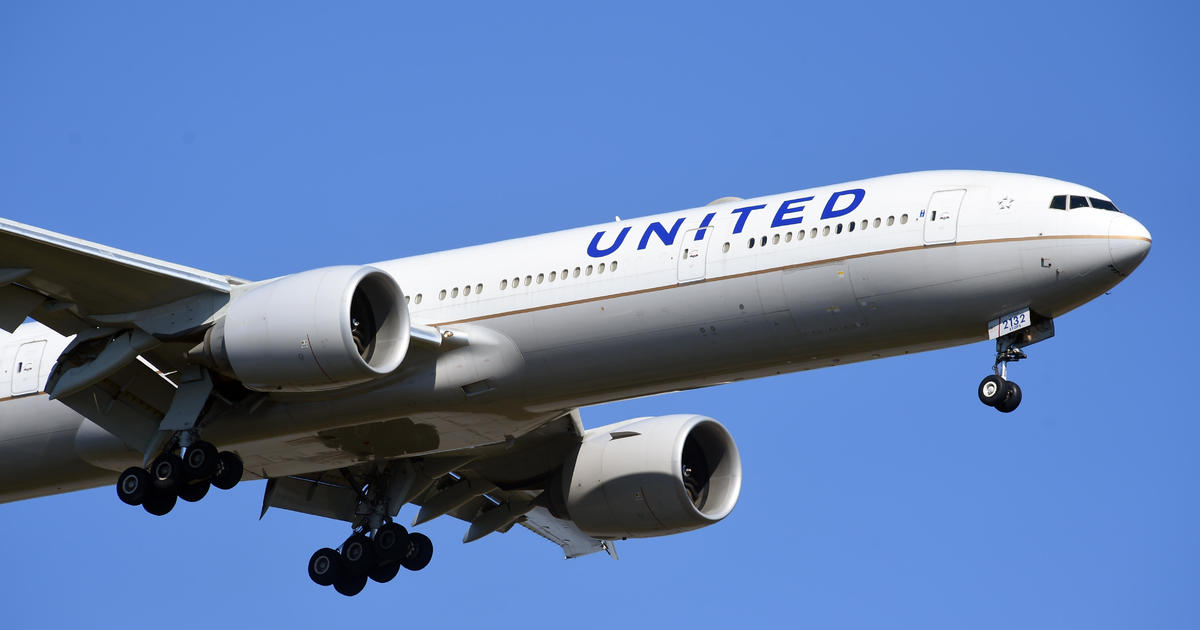
United Airlines to require U.S. employees get vaccinated against COVID-19
CBSN
United Airlines will require its 67,000 employees in the U.S. to be vaccinated against COVID-19 by late October, or perhaps even sooner if the Food and Drug Administration soon grants full approval to any one vaccine. The airline is joining a growing number of big corporations that are responding to a surge in virus cases.
United leaders called it a matter of safety and cited "incredibly compelling" evidence of the effectiveness of the vaccines. Tyson Foods this week said it is requiring its entire U.S. workforce of more than 139,000 to get vaccinated against COVID-19, while other companies are requiring masks while in offices or delaying the return to the workplace entirely. "We know some of you will disagree with this decision to require the vaccine for all United employees," CEO Scott Kirby and President Brett Hart told employees Friday. But, they added, "the facts are crystal clear: everyone is safer when everyone is vaccinated."More Related News

In the past year, over 135 million passengers traveled to the U.S. from other countries. To infectious disease experts, that represents 135 million chances for an outbreak to begin. To identify and stop the next potential pandemic, government disease detectives have been discreetly searching for viral pathogens in wastewater from airplanes. Experts are worried that these efforts may not be enough.












